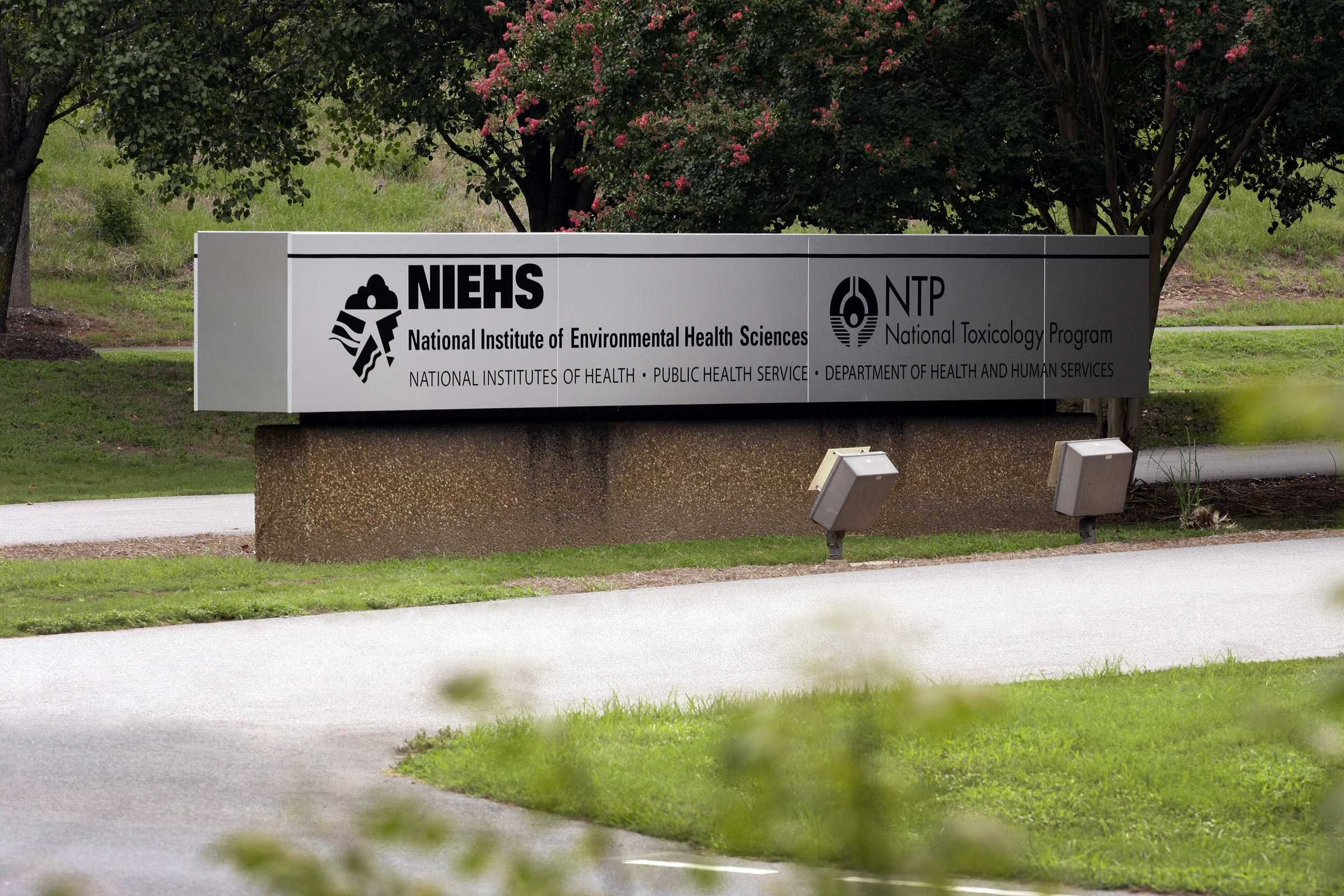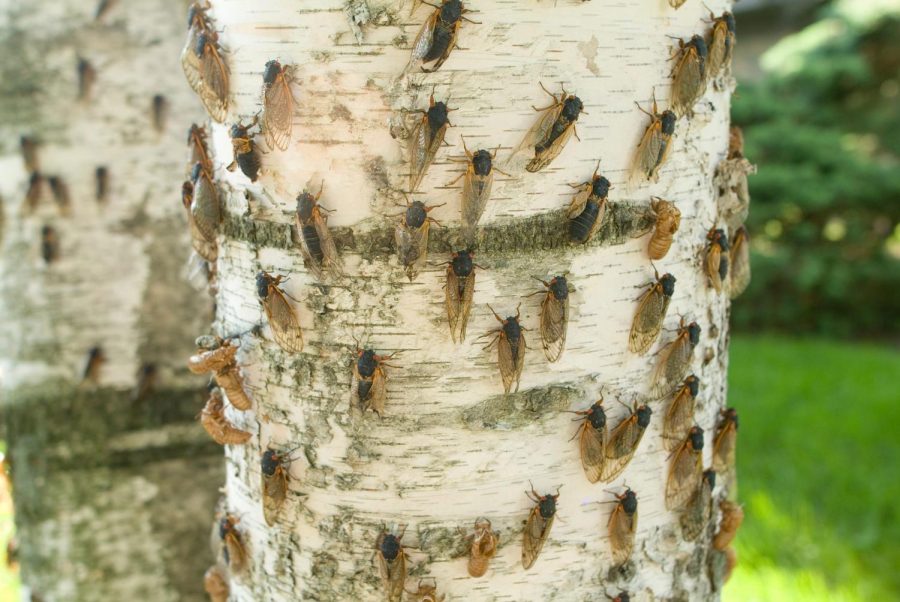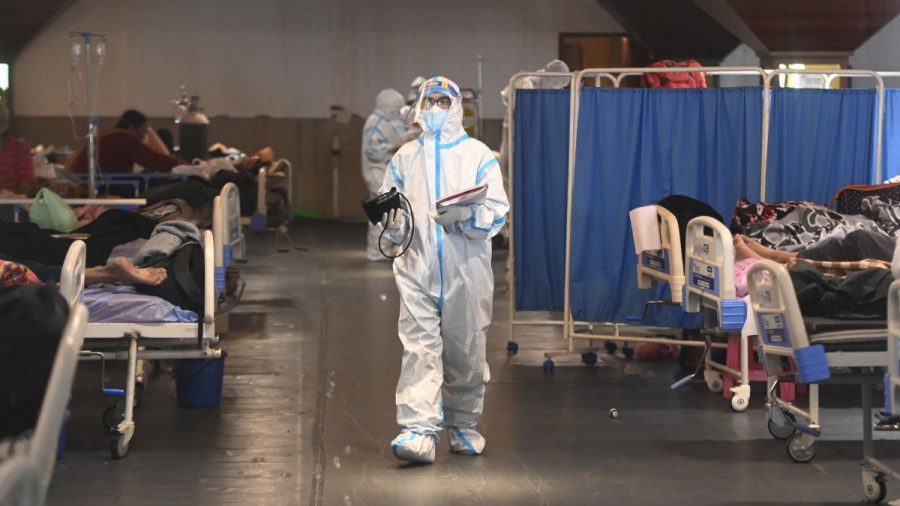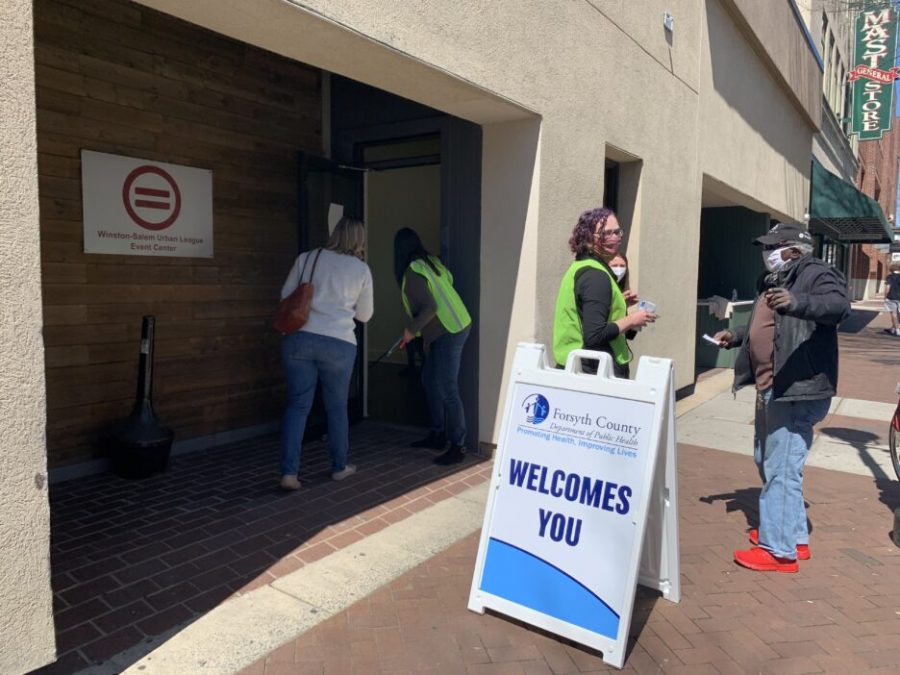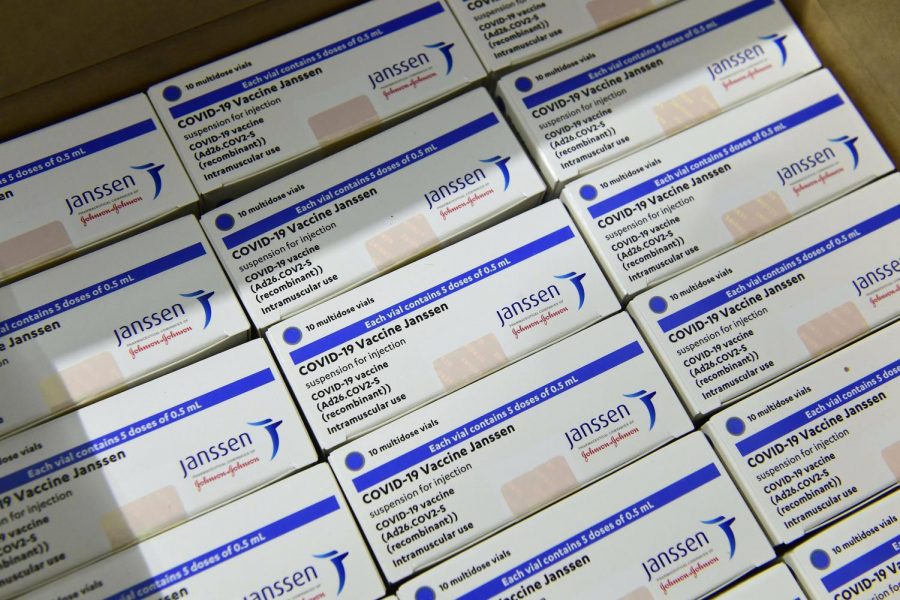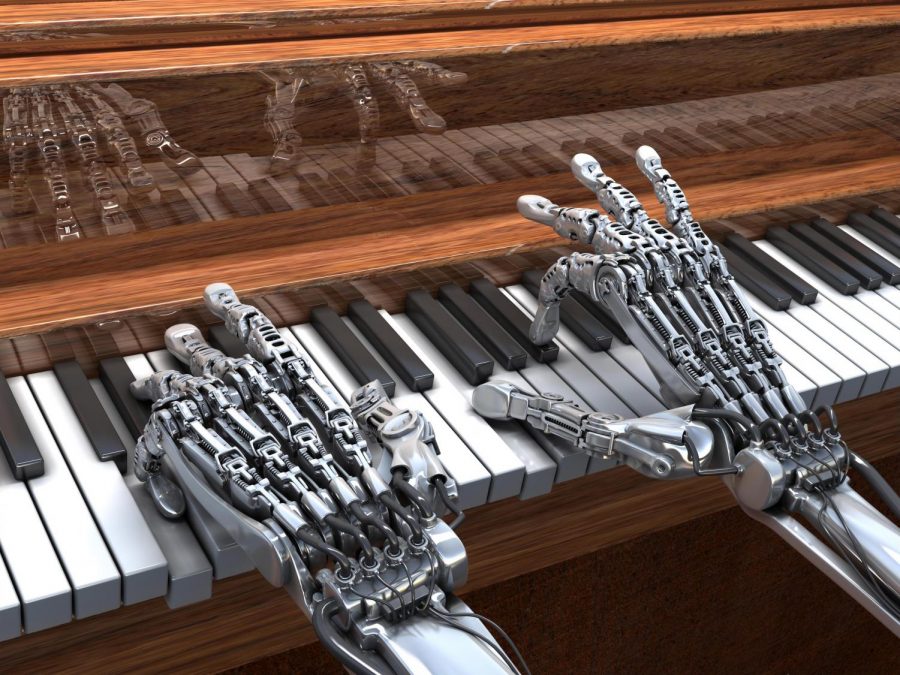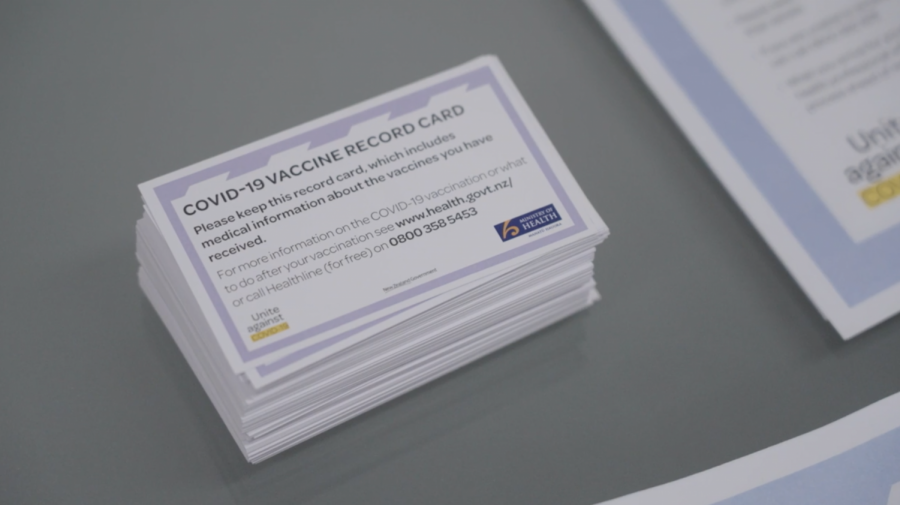Dr. Raja Jothi spoke to approximately 40 faculty and students in a lecture titled “Uncovering Unknown Unknowns of Gene Regulation” in Winston on Nov. 5. Jothi heads the Systems Biology Group within the Epigenetics and Stem Cell Biology Laboratory at the National Institute of Environmental Health Sciences (NIEHS). He also holds an appointment within their Biostatistics and Computational Biology Branch, thanks to his research group’s highly computational approach to stem cell research.
Jothi’s team uses both data-driven computational analysis and practical laboratory experiments.
Jothi explained that in hypothesis-driven science, researchers can become so attached to an idea that they may downplay evidence which does not support that prediction or limit research to only the small region of an overall system that their lab already specializes in.
“This is what is called a streetlight effect,” Jothi explained. “You look for things where it’s easiest to look.”
“I think it prohibits science from moving ahead, making any real ground, if everybody’s just focused on one teeny-tiny piece,” said Ellen Quinlan, a Ph.D student in biology. “These incremental steps make science move very slowly.”
Jothi explained that one way to avoid this limitation in scope is to generate new hypotheses by starting without one. The speaker described his work as “heavily data-driven, as opposed to hypothesis-driven.”
The first step, he told the audience, is to start with data, often from previous studies. In order to analyze this data, Jothi’s lab may have to develop new methods, and then they can use their analysis to generate hypotheses or predictions based on the data. These new hypotheses are less limited in scope and may not agree with existing ideas, but they can be tested in a lab just like any other prediction.
One example that Jothi offered was a NF-Y, a transcription factor complex important to embryonic stem cells (ESCs). ESCs have a unique ability to either self-renew (replicate as new stem cells) or differentiate into any other cell type, but previous research has been inconsistent about which genes are important to this decision to renew or differentiate.
Jothi’s team used existing information in the literature to rank individual genes in terms of how likely they were to contribute to ESC self-renewal.
They identified the gene for NF-Y as a likely candidate. It turns out that in approximately half of the regions where NF-Y binds, it binds close to genes associated with the process of differentiation.
Sites bound with the NF-Y protein complex are more accessible compared to those bound by other transcription factors because NF-Y binds differently, leaving more DNA exposed and allowing other transcription factors more room to bind as well.
Jothi also touched on a second ESC-related topic identified through his data-driven approach: intragenic enhancers. Enhancers are short DNA regions that attract transcription factors and increase the likelihood that RNA polymerase, the enzyme responsible for copying DNA, will transcribe that region.
When enhancers are intragenic (occurring in the middle of a gene), they can have a variety of negative effects on normal gene transcription, suppressing expression of genes that might otherwise lead to ESC differentiation.
“I think he was a really good speaker,” Quinlan said, who studies molecular ecology in plants. “I think the talk was not designed for a non-molecular audience,” she added.
Although the details of Jothi’s research did seem overwhelming to some audience members, Quinlan pointed out that his data-driven approach to hypothesis generation was “a really interesting idea.”
“I think his goal with the unknown unknowns is to find places to start … and then use traditional experimental methods to answer those questions,” Quinlan said. “It makes sense that you have to do both.”

